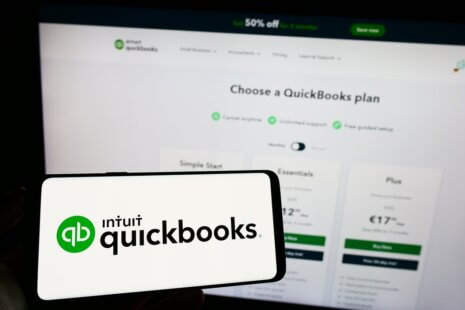Using a business account for personal use can lead to various consequences, depending on the nature of the account, the terms of service of the platform or financial institution, and local laws and regulations.
Here are some potential consequences:
- Violation of Terms of Service: Most platforms and financial institutions have terms of service or agreements that users must adhere to. Using a business account for personal purposes may be a violation of these terms, which could result in penalties, account suspension, or termination.
- Tax Implications: Business accounts are typically set up to manage business finances, including income, expenses, and taxes. Mixing personal transactions with business transactions can complicate accounting and tax reporting. You may inadvertently create tax problems for yourself or your business if personal expenses are commingled with business finances.
- Legal Liability: Using a business account for personal use could expose your personal assets to legal liability. In some cases, it might negate the legal protections that a business structure, such as an LLC or corporation, is designed to provide.
- Auditing and Record-Keeping Issues: If you are audited by tax authorities or for any other reason, having personal transactions in a business account can complicate the auditing process and may raise red flags.
- Loss of Professionalism: Mixing personal and business finances can make your business appear less professional to clients, partners, and investors. It can also make it more challenging to track and manage business-related expenses.
- Banking Fees: Some business accounts may charge fees for exceeding transaction limits or for certain types of transactions. Using a business account for personal use might result in unexpected fees.
- Difficulty in Financial Planning: Separating personal and business finances is crucial for proper financial planning. Without clear separation, it can be challenging to assess the financial health of your business and make informed decisions.
To avoid these consequences, it’s advisable to keep personal and business finances separate by maintaining separate bank accounts, credit cards, and financial records for each. This separation helps maintain clarity, compliance, and professionalism in your business dealings while also simplifying tax reporting and legal matters. If you have already used a business account for personal purposes, it’s a good idea to consult with a financial advisor or legal professional to address any potential issues and rectify the situation.




